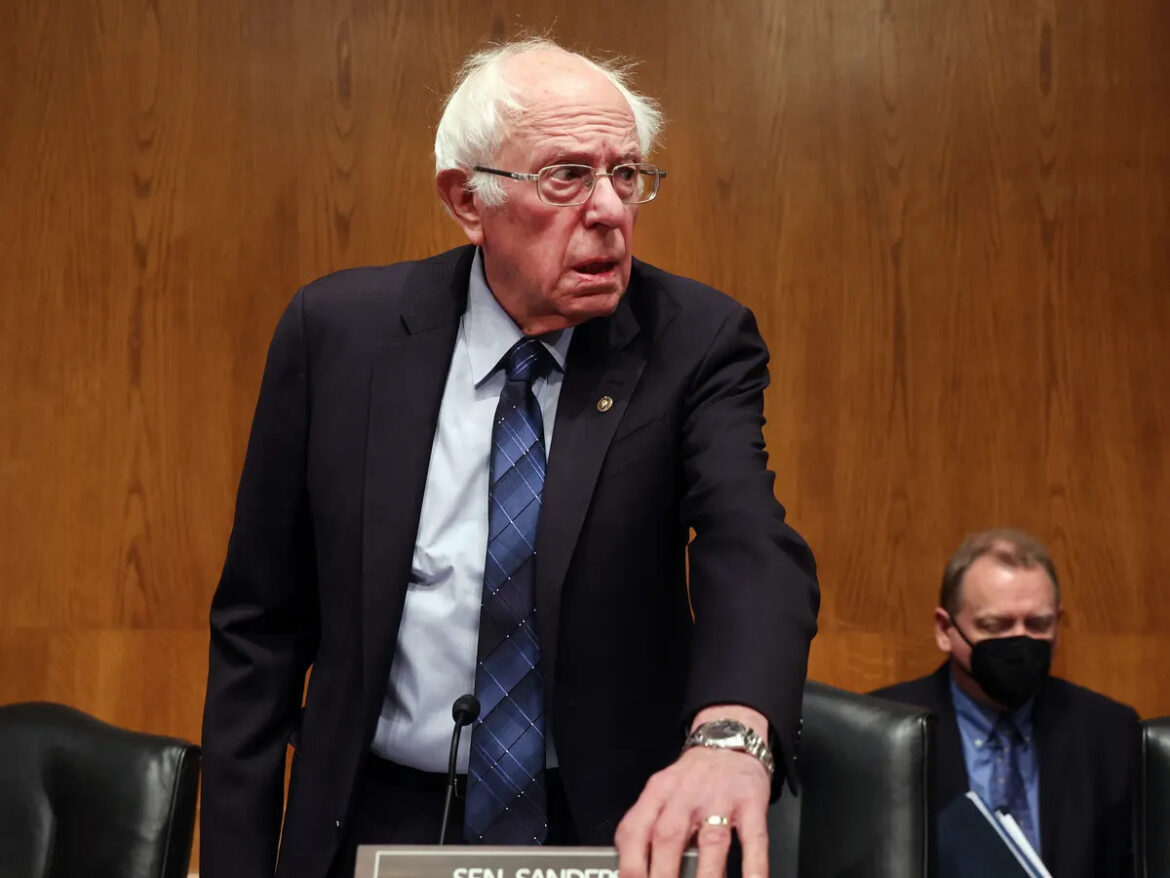In recent weeks, the hallowed halls of the United States Congress have witnessed an alarming rise in physical confrontations, bringing to light the deep-seated tensions and divisions within the legislative body. The most recent incidents involving former Speaker Kevin McCarthy and Tennessee Republican Rep. Tim Burchett, as well as the heated exchange between Oklahoma Republican Sen. Markwayne Mullin and Teamsters President Sean M. O’Brien, underscore a concerning trend that has been brewing beneath the surface for some time.
The confrontation between McCarthy and Burchett, following McCarthy’s ousting as Speaker, paints a vivid picture of the animosity that has taken root within the Republican Party. Allegations of a sucker punch and intentional physical contact highlight the toxic environment that has permeated Congress, hindering productive discourse and collaboration. The fact that McCarthy denied any intentional contact, while Burchett and witnesses assert otherwise, only adds fuel to the fire, deepening the mistrust among lawmakers.
Similarly, the clash between Sen. Markwayne Mullin and Teamsters President Sean M. O’Brien during a Senate committee hearing reflects not only the personal animosities between individuals but also the broader trend of escalating confrontations on Capitol Hill. The threats of physical violence, combined with a history of online taunting, demonstrate how personal feuds can spill into the professional arena, further eroding the already fragile spirit of bipartisanship.
These incidents are not isolated events but rather symptoms of a broader issue — a Congress that has become a pressure cooker of political discord and partisan strife. With the House in session for an uninterrupted 10 weeks, tensions have reached a boiling point over issues like the speaker ouster and government funding, creating an environment ripe for confrontations.
The historical context of such incidents is crucial in understanding the severity of the current situation. While tension in Congress is not a new phenomenon, actual physical violence has been rare for over a century. The comparison to pre-Civil War years, when disagreements over slavery led to numerous acts of “manly violence,” serves as a stark reminder of the dangerous path that the current Congress is treading.
It is essential for members of Congress to recognize the gravity of these confrontations and take immediate steps to de-escalate tensions. The proposed break for Thanksgiving, suggested by Speaker Mike Johnson, could provide a much-needed opportunity for lawmakers to step back, reflect, and reset. It is paramount that they prioritize the collective responsibility they hold to govern effectively and uphold the democratic principles that the nation stands for.
Furthermore, calls for ethics investigations, such as Rep. Matt Gaetz’s complaint against McCarthy, should be pursued diligently to ensure accountability for those involved in physical altercations. Congress must send a strong message that resorting to violence is unacceptable and contradicts the principles of civil discourse that are fundamental to a functioning democracy.
In conclusion, the recent physical confrontations within Congress should serve as a wake-up call for lawmakers to address the underlying issues contributing to this disturbing trend. The nation looks to its elected representatives for leadership and cooperation, not fisticuffs and threats. As we approach Thanksgiving, it is an opportune moment for Congress to reflect on its role in shaping the future of the nation and take concrete steps toward restoring the dignity and decorum befitting the esteemed institution.


